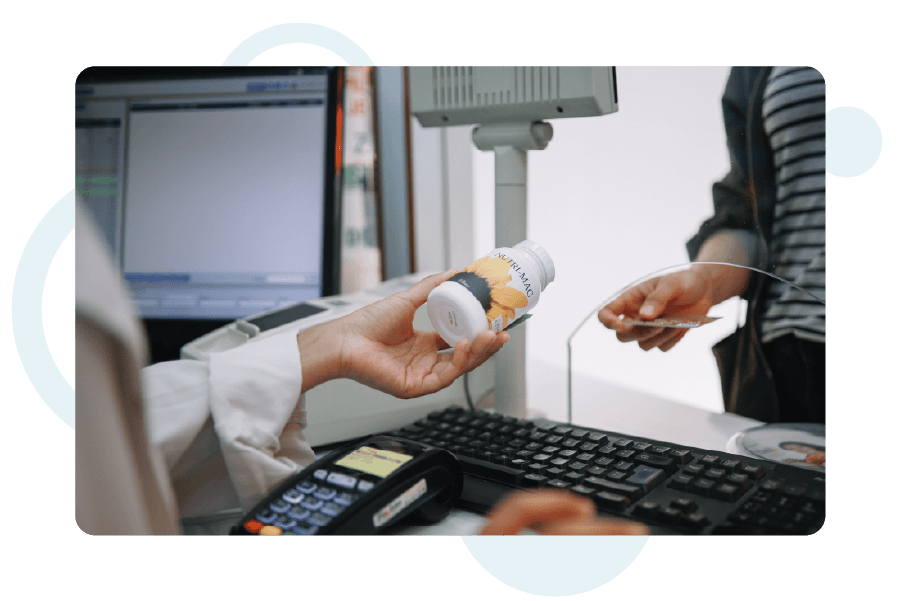What Is The Medicare Part D Donut Hole?
Medicare donut hole is a coverage gap in Medicare Part D that can affect your out-of-pocket drug costs in 2022. You may have heard the donut hole closed on January 1, 2020. Many people were excited because they believe their drug coverage will be free. However, you still have to pay 25% coinsurance.
4 Stages Of Part D Drug Coverage
Deductible Stage – Some Drug Plans Have A Deductible And Some Don’t. However, No Medicare Drug Plan May Have A Deductible Larger Than $480 In 2022. After Paying The Deductible, You Enter Stage 2.
Initial Coverage Stage – You Pay Only 25% Copays For Your Prescription Drugs. After Your Plan Spends $4,430 In 2022, You Enter Stage 3.
Coverage Gap “Donut Hole” – You Pay 25% Coinsurance For Brand-Name And Generic Drugs. After Total Out-Of-Pocket Drug Costs Are $7,050 In 2022, You Enter Stage 4.
Catastrophic Coverage – You Pay A Small Coinsurance Amount Or Copayment For Covered Drugs For The Rest Of The Year.
The Medicare Donut Hole Explained
What is the Medicare donut hole, and why does it matter for you? Simply put, when the Affordable Care Act passed in 2010, also known as ObamaCare, the donut hole had been slowly closing. In 2019, you paid 25% for brand-name drugs and 37% for generic drugs while in the “donut hole.” In 2020, the 37% coinsurance for generic drugs in stage three reduced to 25%.
The 25% coinsurance you pay in the “donut hole” has remained the same in 2022. However, the total amount you spend inside the “donut hole” has increased from $6,550 in 2021 to $7,050 in 2022.
Medicare Part D Coverage Gap 2022
In Part D, the Medicare coverage gap is what’s called the Donut Hole. You enter the donut hole (coverage gap) when your prescription drug plan spends $4,430 in 2022. On the other hand, if you spend less than $4,430 in your Medicare drug plan, you will not enter the donut hole. Furthermore, people with specific income and resource limits may qualify for Extra Help program. People who get Extra Help paying Part D costs will not enter the donut hole healthcare coverage.
Coverage Gap For Generic Drugs
In 2022, Medicare will pay 75% of your generic drug price, and you pay the remaining 25%. However, none of this 75% discount will apply towards getting you out of the donut hole. Unlike brand-name drugs, only the 25% you pay will count in the coverage gap.
Thus, if you only pay for generic drugs while in the donut hole, it will take you much longer to get out.
Medicare Part D Donut Hole Expenses
How much you pay while in the donut hole will depend on your drug tiers. People who have Tier 3 or higher drugs may spend thousands per month. For example, the cost for 15 ml of Humalog KwikPens for Type 2 diabetes is $563.24.Depending on how much you need, insulin could cost you thousands per month. You pay 25% of drug costs while inside the donut hole. Thus, you would pay $422/month (25%) if your insulin costs $1,687.However, Medicare put a $35 copay cap on insulin for 2022. This Part D cost reduction helps millions of beneficiaries with diabetes (CDC ).


Fastest Way Out Of The Donut Hole
How can you speed your way out of the donut hole? We recommend you switch from generic drugs to name-brand drugs. Before you change medications, make sure your plan covers the name-brand drugs. After you switch to name-brand prescriptions, 70% of the discounted price will go towards your out-of-pocket expenses. Therefore, you will move out of the donut hole faster.
Once you exit the donut hole, you enter the catastrophic coverage (stage 4). Then you only pay a small coinsurance or copayment for the rest of the year.
Find The Right Medicare Part D Plan
Want to learn more about Medicare Part D? Senior Healthcare Direct helps seniors understand all the complexities of healthcare, including the donut hole. In fact, we provide extensive support in helping determine the best plan for your needs. Please call 1-833-463-3262 and a licensed agent can email you a Part D Drug Finder form. Then, we can find you a drug plan that covers your specific list of prescription drugs. Moreover, we compare the prices of all available drug plans, so you get the most cost-effective Part D plan.
